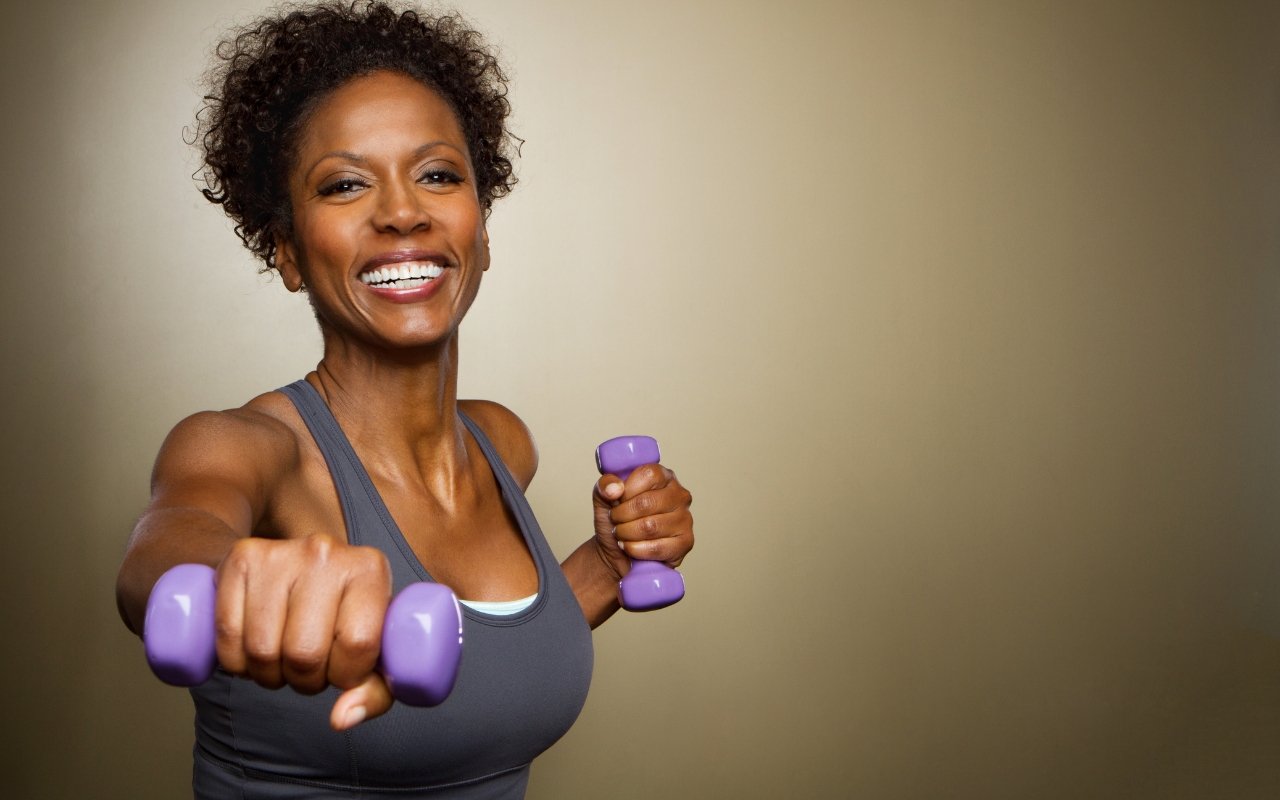Starting a new exercise regimen can seem daunting, especially if you’re navigating it for the first time or returning after a long hiatus. The benefits of consistent physical activity are substantial, encompassing improved physical health, mental well-being, and overall quality of life. From reducing risks of chronic diseases to fostering a sense of accomplishment and resilience, the advantages are plentiful. This comprehensive guide will help you confidently embark on your fitness journey, providing you with essential tips, exercises, and resources to get started and stay motivated.
The Importance of Exercise
Engaging in regular physical activity is crucial for maintaining and improving overall health. Exercise plays a fundamental role in various body functions and can significantly lower the risk of chronic diseases such as heart disease, diabetes, and certain cancers. Additionally, it enhances mental health by reducing symptoms of anxiety and depression, improving mood, and boosting cognitive function. The Department of Health and Human Services recommends that adults engage in at least 150 minutes of moderate aerobic activity or 75 minutes of vigorous activity each week, combined with muscle-strengthening activities two or more days a week.
Getting Started: Key Considerations
Setting Realistic Goals
Before diving into a new exercise routine, setting realistic and achievable goals is essential. Start by assessing your current fitness level and identifying what you aim to achieve: weight loss, muscle gain, improved cardiovascular health, or simply feeling more energetic. SMART goals—Specific, Measurable, Achievable, Relevant, and Time-bound—are particularly effective in providing clear and tangible targets.
Choosing the Right Exercise
Selecting the appropriate type of exercise is crucial for both enjoyment and consistency. Consider activities that align with your interests and lifestyle. Aerobic exercises such as walking, jogging, biking, and swimming are excellent for cardiovascular health, while strength training exercises like weight lifting and resistance band workouts are pivotal for building muscle. Incorporating flexibility exercises such as yoga and stretching can enhance mobility and prevent injuries.
Essential Exercises for Beginners
Aerobic Fitness
Aerobic exercises, commonly called cardio, are integral to any fitness program. These activities elevate your heart rate and improve the efficiency of your heart, lungs, and circulatory system. Examples include brisk walking, jogging, biking, and swimming. Starting with low-impact activities such as walking or swimming can be more manageable and less daunting for beginners.
Strength Training
Strength training is vital for building and maintaining muscle mass, bone density, and overall strength. It involves exercises that cause the muscles to contract against an external resistance. Beginners can start with squats, lunges, pushups, and resistance band exercises. Utilizing your body weight for exercises like pushups and situps is also a practical starting point. As you progress, consider incorporating free weights or resistance machines to increase the intensity.
Flexibility and Balance
Flexibility exercises help to improve the range of motion in your muscles and joints. Activities like yoga or simple stretching routines can prevent injuries and improve overall mobility. Balance exercises are also essential, particularly as you age, to prevent falls and maintain stability. Practices such as tai chi and balance-focused workouts can be incredibly beneficial.
Sample Weekly Workout Plan for Beginners
Here's a simple one-week workout plan to help you get started. Adjust the intensity and duration based on your fitness level and preferences.
- Monday: a 30-minute brisk walk or light jog.
- Tuesday: Strength training – 3 sets of 10 lunges for each leg, 10 pushups, and 10 situps.
- Wednesday: 30-minute bike ride or moderate-pace jog.
- Thursday: Rest day.
- Friday: Strength training – 3 sets of 10 chair dips, 10 jumping jacks, and 10 air squats.
- Saturday: Rest day.
- Sunday: 40-minute run, jog, or long walk.
Staying Motivated
Find a Support System
Having a support system can significantly enhance your motivation and accountability. Consider joining a local fitness group or gym or engaging friends or family members in your fitness journey. Sharing your goals and progress with others can encourage and foster a sense of community.
Track Your Progress
Keeping track of your workouts and progress can be incredibly motivating. Use a fitness journal or mobile app to log your activities, sets, reps, and any changes you notice in your fitness level or physical appearance. Celebrating small milestones along the way can keep you inspired and committed.
Diversify Your Routine
Monotony can quickly lead to burnout. To keep your workouts interesting, incorporate different types of exercises and activities. For example, alternate between cardio, strength training, flexibility exercises, and recreational activities like dancing or hiking. This variety keeps things exciting and ensures a well-rounded fitness regimen.
Nutrition and Hydration
Healthy Eating
Proper nutrition is integral to any fitness program. A balanced diet provides the energy needed for workouts and aids recovery and muscle building. Focus on consuming various nutrient-dense foods, including fruits, vegetables, lean proteins, whole grains, and healthy fats. Carbohydrates fuel your muscles before exercise, while proteins aid muscle recovery and growth.
Staying Hydrated
Hydration is crucial for maintaining energy levels and optimizing performance, especially during exercise. Drink water throughout the day and pay attention to your fluid intake before, during, and after workouts. Dehydration can impair your physical performance, so be mindful of replenishing lost fluids, particularly in hot or humid conditions.
Listening to Your Body
Preventing Overtraining
While enthusiasm is important, it's equally essential to avoid overtraining. Overtraining can lead to injuries, burnout, and a decrease in performance. Be sure to incorporate rest days into your workout plan to allow your muscles to recover and rebuild. If you experience persistent fatigue, soreness, or pain, consider increasing your intensity or taking additional rest.
Seeking Professional Guidance
If you’re unsure where to start or how to perform certain exercises, seeking guidance from a fitness professional can be highly beneficial. Personal trainers can provide personalized workout plans, ensure proper technique, and help you stay motivated. Also, consult your doctor before beginning any new exercise program, especially if you have any pre-existing health conditions or concerns.
Conclusion
Starting and maintaining a fitness routine can be a transformative experience, offering numerous physical and mental health benefits. You can create a sustainable and enjoyable fitness regimen by setting realistic goals, choosing the right exercises, and staying motivated. Listen to your body, stay hydrated, and seek support when needed. With dedication and consistency, you’ll be well on your way to achieving your fitness goals and enhancing your overall well-being.









